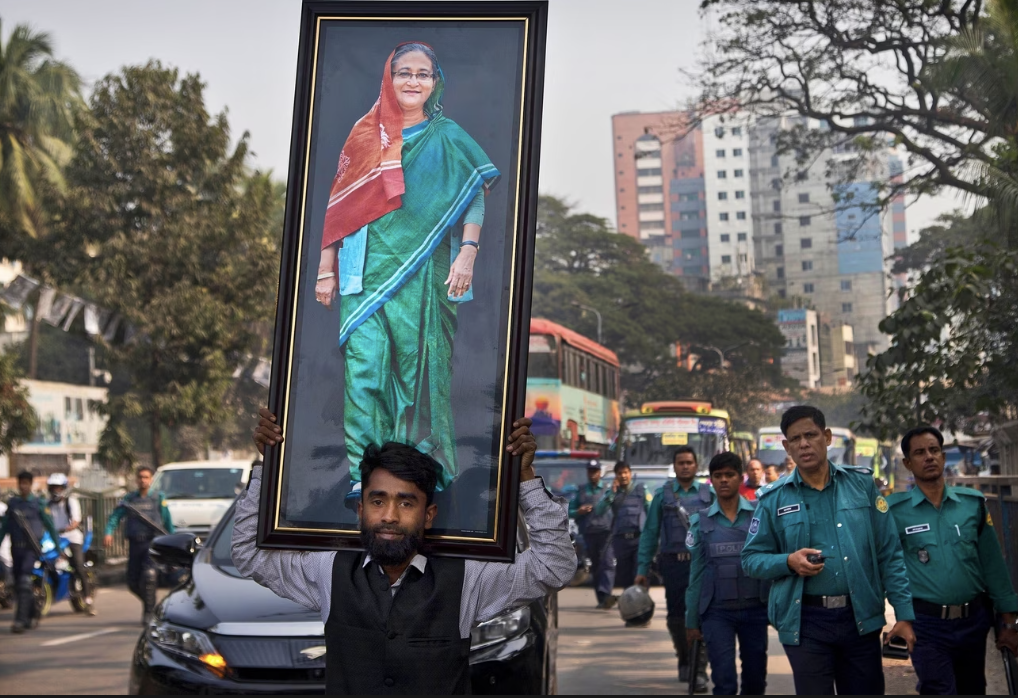As Bangladesh gears up for its general election on January 7th, 2024, an air of tension and unpredictability looms large over the proceedings. The political landscape is marred by a significant opposition boycott and persistent protests demanding the resignation of Prime Minister Sheikh Hasina. The Bangladesh Nationalist Party (BNP) and its allies, citing concerns of systemic rigging and an uneven playing field, have chosen to abstain from participating in the elections. This unprecedented move raises apprehensions about the fairness and legitimacy of the upcoming vote, leaving voters with limited choices. Unfortunately, these protests have not been without consequences, often met with force by security forces, resulting in arrests, injuries, and, tragically, deaths. Key points of contention include the historic opposition boycott, allegations of electoral irregularities and accusations of human rights violations by the government. Critics argue that heavy-handed tactics, such as arbitrary arrests and violence against opposition figures and journalists, have heightened concerns about political freedom in the country.
Internationally, the United States has expressed worry about the political climate in Bangladesh, taking action by imposing sanctions on certain security officials accused of human rights abuses. Additionally, there is a threat of visa restrictions for individuals deemed responsible for undermining the credibility of the elections. Possible scenarios arising from this tense situation include a notably low voter turnout due to the absence of a major opposition party and unrest post declaration of results. The days ahead will prove pivotal in shaping the country’s political landscape and determining its standing on the global stage.

